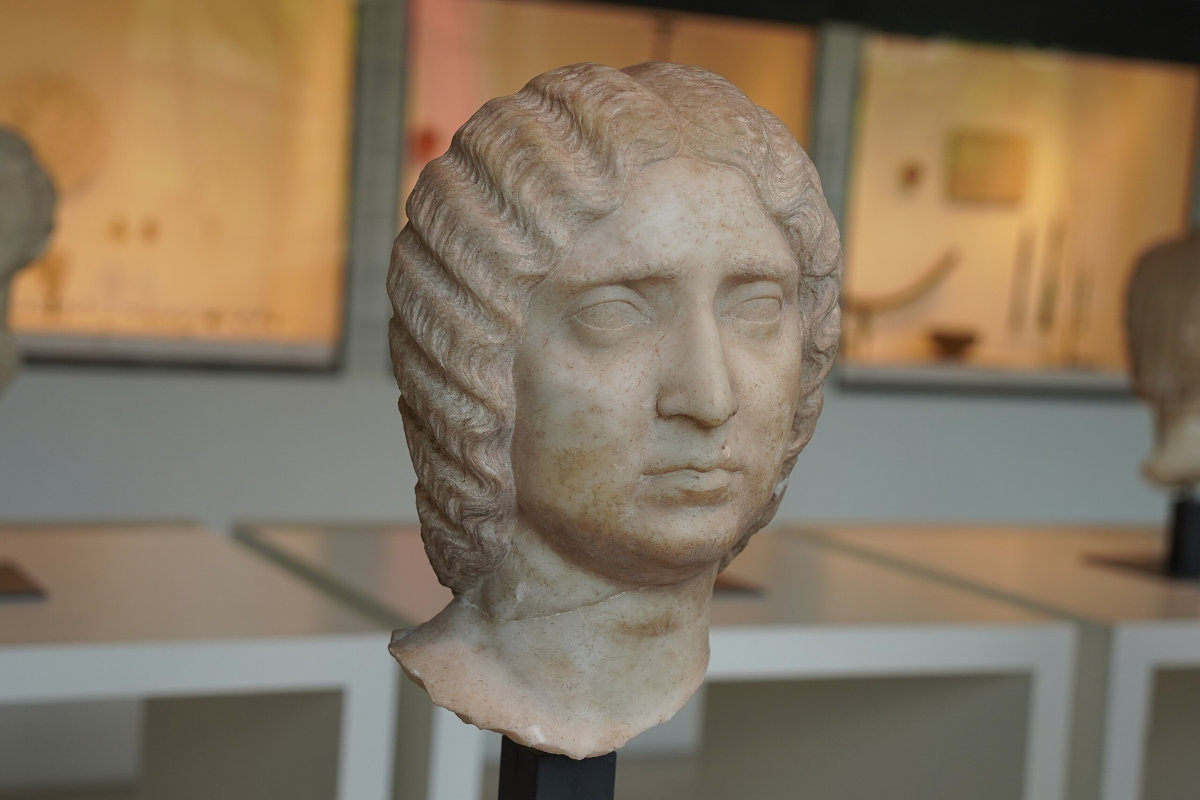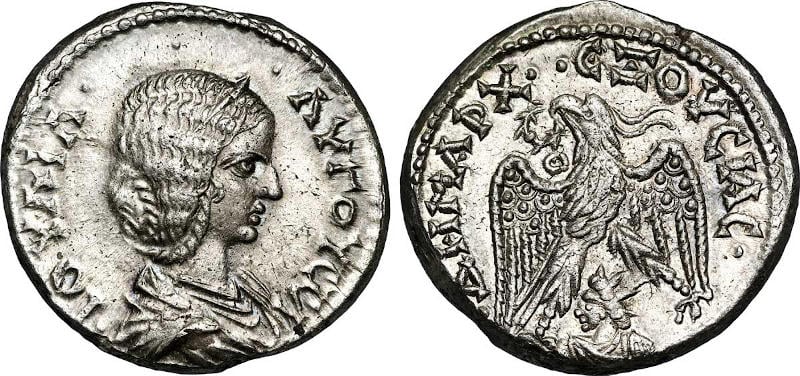
Elagabalus and the Imperial Women: Influence and Power in the Severan Dynasty
During the Severan Dynasty, women from the Julian family of Emesa (modern-day Homs) in Syria, who were married to the Severan men, exerted enormous and often crucial influence over Roman government policies and events. Thus, Cassius Dio informs us that Julia Domna, Emperor Septimius Severus' wife, not only wielded immense power during her husband's tenure, but also actively and publicly oversaw the day-to-day operations of the Roman Empire throughout the reign of her slightly unbalanced son, Caracalla.
- How To Empress: First Imperial Women Of Rome
- Sex and the Roman Empire: Scandalous Literature about Empresses Euphemia and Theodora
Caracalla, an emperor who received mixed evaluations, ruled for only five years. During this time, he murdered his co-ruler, his brother Geta, and his supporters, increased soldier pay, waged campaigns in the East where Macrinius was to be assassinated and enacted the Constitutio Antoniniana (“Antonine Constitution”), which extended Roman citizenship throughout the Roman empire.
Julia Domna died soon after Caracalla's murder in 217 AD. Her death appeared to be the end of the Severan dynasty. Caracalla had appointed Macrinius to the prestigious office of praetorian prefect, and three days after Caracalla's assassination, Macrinius, a man without senatorial status, was powerful enough to convince the army to declare him Emperor. Julia Domna's older sister, Julia Maesa, quickly took control of the family's fate and restored the imperial throne. Julia Maesa, aided by her two daughters, Julia Soaemias and Julia Mamaea, set about persuading Syrian troops to declare her grandson, Julia Soaemias' son, emperor.

A coin with Julia Domna on top. (cgb / CC BY-SA 3.0)
Elagabalus, Julia Maesa's grandson, was born Sextus Varius Avitus Bassianus in 204 AD and was a minor member of the Severan imperial line. His moniker, Elagabalus, sprang from his role as a hereditary high priest to the sun-god El-Gabal, Syria's primary religion, with Emesa as its holy centre.
Elagabalus, the late emperor's first cousin once removed, had a dubious claim to the throne. However, his fiercely ambitious grandmother, Julia Maesa, circulated accusations that he was Caracalla's illegitimate son. Surprisingly, the story worked, and the army pledged allegiance to the young Elagabalus after being impressed by his resemblance to the late Caracalla. They marched to confront the usurper Macrinus in the Battle of Antioch, in modern-day Turkey, and apprehended and executed him. Soon after, in the spring of 218 AD, the 14-year-old Elagabalus was proclaimed Emperor.
Although the young Elagabalus was only supposed to serve as a figurehead for Julia Maesa, who controlled real power, he quickly established himself as Rome's Emperor. Elagabalus' imperial biographer, Aelius Lampridius, begins his assessment of the emperor by writing, "The life of Elagabalus, I should never have put into writing - hoping that nobody should know that he was emperor of Rome."
This harsh assessment only gets worse from there. As emperor, Elagabalus defiled a Vestal Virgin, turned the Roman Forum into an open-air brothel, and commanded the veneration of a conical black stone in the imperial capital, among other things. However, he was hardly the most intriguing member of his family.
Julia Domna, the great aunt who paved the way to power
Julia Domna was Julia Maesa's elder sister and the daughter of Bassianus, the hereditary high priest of Emesa. As the emperor's wife, she was given the titles Augusta and "mother of the army camps". She has received various more honorary titles during and after her life. Her name is also on milestones, an honour never previously bestowed upon an imperial woman.




